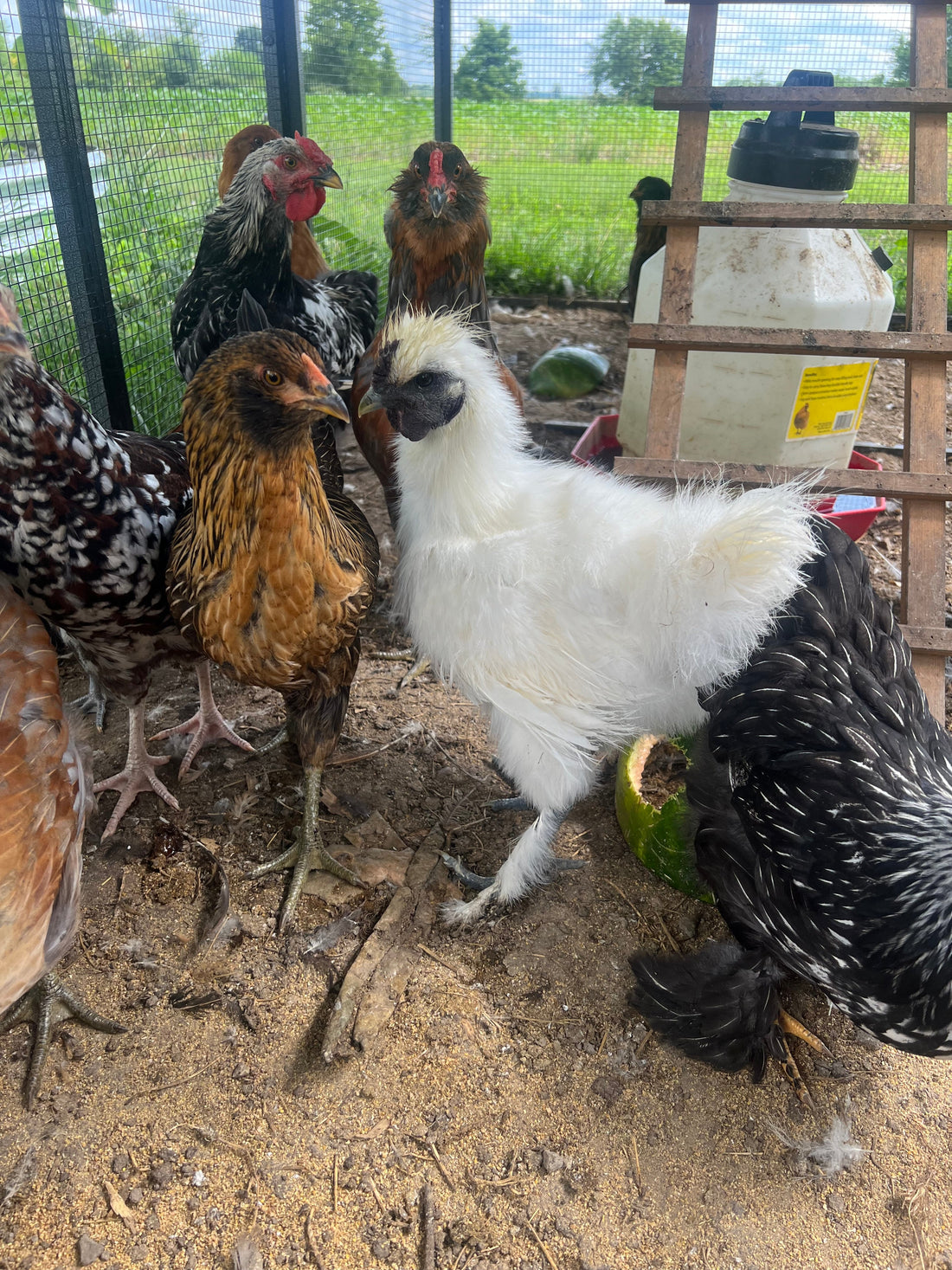
Raising Chickens 101: A Beginner’s Guide to Backyard Flocks
If you’ve ever thought about keeping chickens, you’re not alone. More and more people are discovering the joys of backyard poultry—from fresh eggs to natural pest control. But before you jump in, it helps to know the basics. Here’s a simple guide to get you started.
Why Raise Chickens?
Chickens aren’t just cute—they’re practical too! Some of the main benefits include:
- Fresh eggs: Nothing beats the taste of farm-fresh eggs.
- Pest control: Chickens love to eat bugs, slugs, and weeds.
- Fertilizer: Chicken manure is a powerhouse for your garden.
- Sustainable lifestyle: Raising your own food reduces reliance on grocery stores.
Choosing Your Chickens
When selecting chickens, consider:
- Breed: Some breeds are better for eggs, some for meat, and some are just pets. Popular beginner-friendly breeds include Rhode Island Reds, Buff Orpingtons, and Plymouth Rocks.
- Temperament: Friendly and docile chickens are easier to handle.
- Egg production: If eggs are your goal, look for hens known for steady laying.
Housing and Space
Chickens need a safe, comfortable home:
- Coop: Protects chickens from predators and weather.
- Space: Each chicken should have about 3–4 square feet inside the coop and 8–10 square feet in an outdoor run.
- Ventilation: Good airflow prevents respiratory problems.
- Nesting boxes: Provide one box for every 3–4 hens for egg-laying.
Feeding and Watering
A healthy diet keeps chickens productive:
- Feed: Commercial chicken feed provides balanced nutrition. Supplement with kitchen scraps and grains.
- Water: Fresh, clean water should always be available. Chickens drink a surprising amount—about a pint per bird per day.
- Treats: Fruits, vegetables, and scratch grains are great, but don’t overdo it.
Health and Maintenance
Keeping chickens healthy is essential:
- Cleanliness: Regularly clean the coop, nesting boxes, and waterers.
- Observation: Watch for signs of illness—lethargy, loss of appetite, or unusual droppings.
- Predator protection: Secure the coop and run with sturdy fencing.
- Vaccinations and deworming: Check with your local vet or agricultural extension for recommendations.
Egg Collection and Care
- Collect eggs daily to prevent damage or contamination.
- Store eggs in a cool, dry place. Fresh eggs can last 3–5 weeks in the fridge
Tips for Success
- Start small: 3–6 hens are perfect for beginners.
- Social animals: Chickens are happiest in flocks.
- Patience: Chickens may take a few months to start laying consistently.
- Enjoy the process: Chickens are fascinating to watch and care for!
Final Thoughts
Raising chickens is a rewarding adventure that brings fresh eggs, entertainment, and a little bit of farm life to your backyard. With the right preparation, attention, and care, your flock can thrive for years.